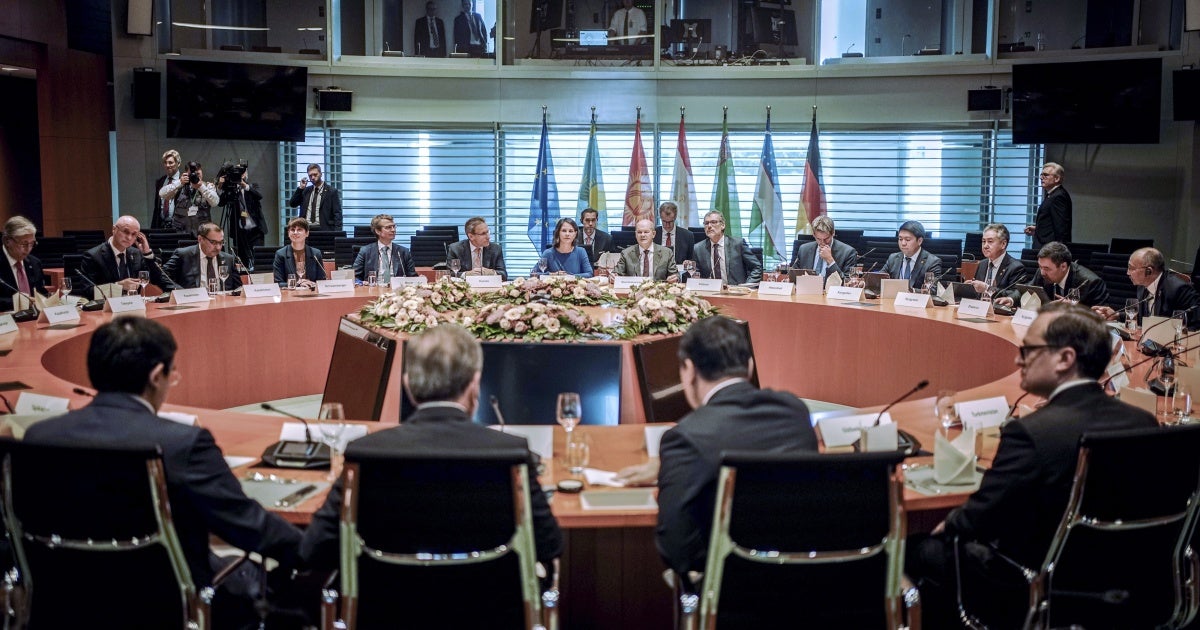Olaf Scholz will make history on September 17 as the first German chancellor to visit Central Asia for a summit with the region’s five heads of state. The summit aims to promote closer ties on economic, energy, and development issues.
The initiative highlights the significance Germany attaches to relations with Central Asia, especially following Russia’s full-scale invasion of Ukraine in February 2022. Berlin is more likely to achieve its own goals in the region if it prioritizes the need for Central Asia’s authoritarian governments to respect human rights and the rule of law.
The geo-political and economic context for closer relations between Germany and the five Central Asian states – Kazakhstan, Kyrgyzstan, Tajikistan, Turkmenistan, and Uzbekistan – shifted following Russia’s 2022 attack on Ukraine. For Germany, the region now offers access to alternative energy resources, having previously relied heavily on Russia. In addition, Germany, along with other European Union states, has sought to thwart Russia’s efforts to evade economic sanctions via imports through Central Asia. While Central Asian countries have not severed ties with Moscow, they have sought to reinforce other relationships, such as with Germany, to provide a counterbalance.
The summit follows a similar gathering that took place in Berlin in September 2023. This latest event will serve “to bring this regional partnership to life,” according to Scholz’s spokesperson. To ensure the event is credible and effective, Scholz needs to focus on improving human rights in Central Asia, which are vital in and of themselves but also the route to achieving the common aims of the nascent “partnership.”
Serious human rights concerns across the region include suppression of the rights to protest and express opinions, including online, jailing of activists, torture in detention, crackdowns on civil society, violence against women, impunity for abusive security forces, and a lack of free and fair elections.
Unless these concerns are addressed, little or no progress is possible on the many topics the six leaders highlighted as common priorities last September. It won’t be possible to “bring to life” more investment from Germany, sustainable development in Central Asia, or genuine people-to-people contacts between partners without respect for international human rights and rule of law standards.
The German government cannot pretend closer ties with Central Asia are possible without a significant improvement in human rights in the region. The upcoming summit offers a chance to make this clear.



